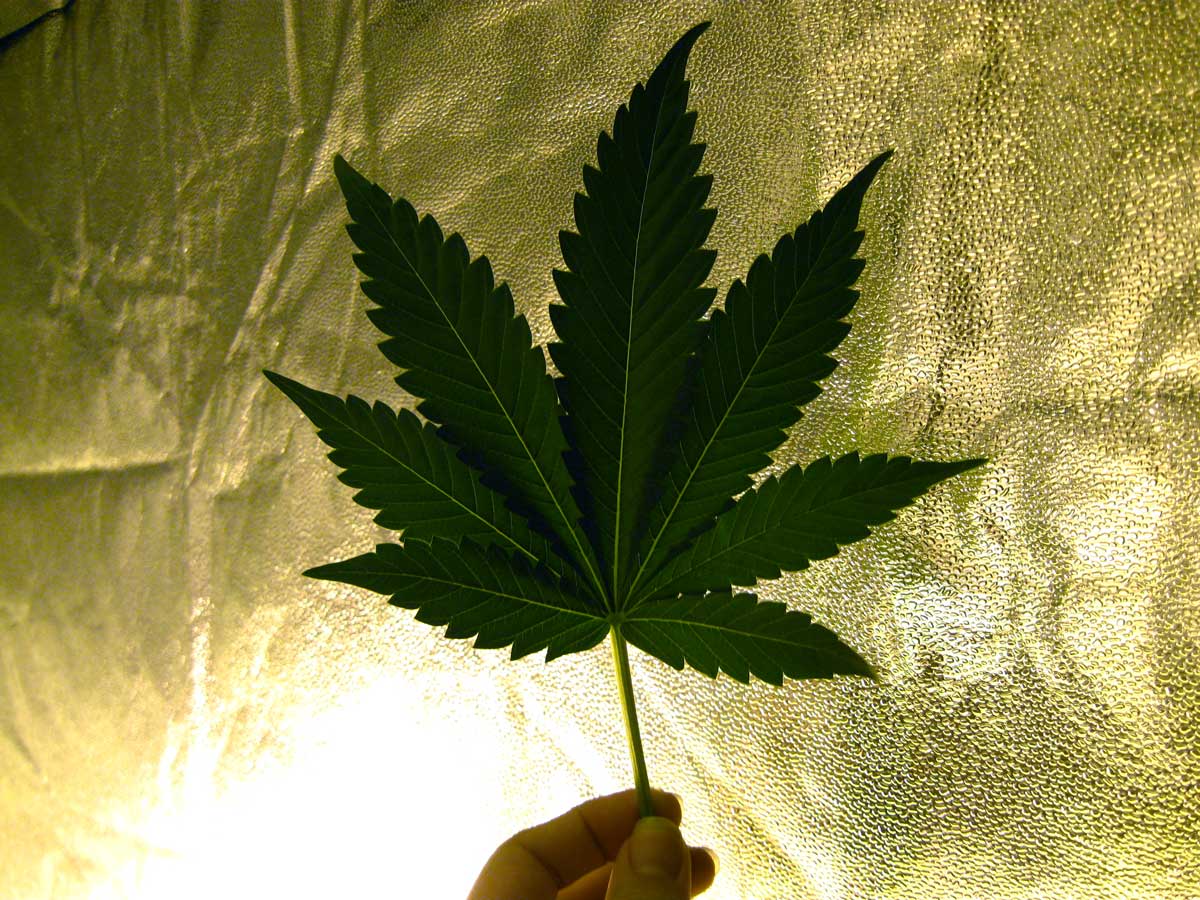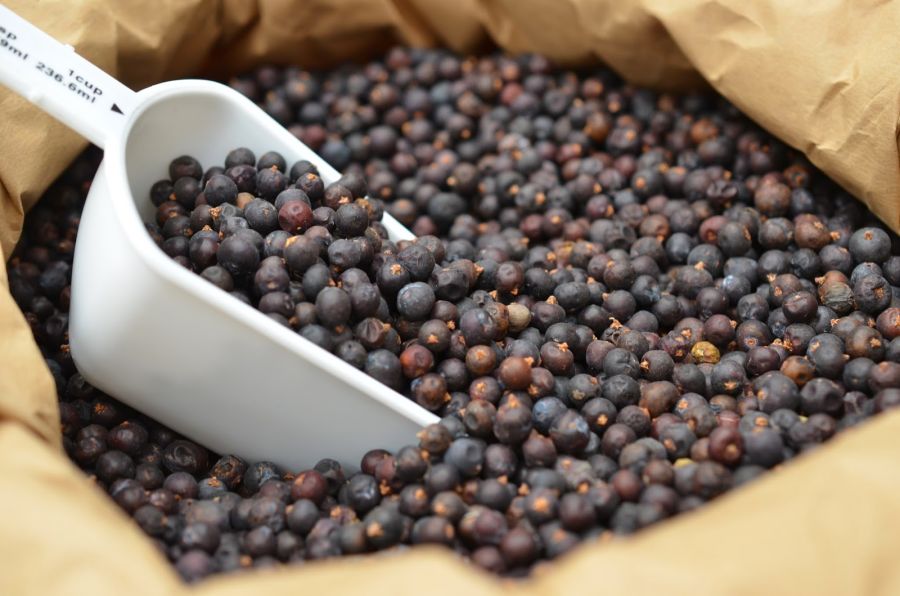
How does hydroponic gardening work? The hydroponic system works in that the roots are placed in a nutrient mixture and then are watered by the above. Hydroponics is easier to regulate than traditional farming methods, and hydroponic plants have fewer disease problems than their soil counterparts. Hydroponics also offers some advantages over traditional farming methods. It is portable and can be used to protect plants from the harsh elements. This article will cover the benefits and reasons that hydroponic gardening may be the best solution for your growing needs.
Hydroponic gardening involves submerging plants' roots in a nutrient solution
Hydroponics operates on the simple principle that plants can be grown by submerging roots in nutrient solutions. In a closed environment, like in a greenhouse, roots are kept moist and fed by water, while the remaining part of the plant receives oxygen from the air. The solution is also balanced in nutrients and water. The pH level is critical in most hydroponic systems.
The process uses much less water than traditional gardening methods, a fact that benefits both the environment and your wallet. Hydroponics is more complex and requires micromanagement. Hydroponics needs to be maintained by regular flushing and replacement of water-based nutrient systems. Additionally, parts of the system must be cleaned and disinfected regularly to prevent any buildup. Hydroponics also presents a greater risk of waterborne illness, which can quickly kill entire collections.
It is easier than traditional farming methods to regulate.
Hydroponics has a major advantage: it is flexible. Hydroponic gardens can easily be placed in a greenhouse. This allows them to create their own micro-climates. There are no pests that you need to be concerned about and there are no insecticides needed to prevent them from infesting your crops. With this method, growers can grow crops year-round in a temperature-controlled facility. These gardens are even possible to operate during low or no natural light.
Hydroponic systems have another advantage: they require 98 % less water than traditional farming methods. According to the World Health Organization (71% of the world's population have access to safe drinking water). By 2025, half of the world's population will live in water-stressed areas. Conservation of water will become more important than ever. Irrigation for agriculture will also be less profitable.
It requires constant monitoring of nutrient levels

In addition to checking pH, you should also test for EC and TDS levels to ensure the nutrients in your hydroponic growing medium are at the correct levels. The pH scale can range from 0-14. Some plants are more tolerant of acidic soils than others. Others thrive in alkaline environments. There are many methods to test these factors. These include an electronic meter and test strips.
Hydroponics requires constant monitoring to ensure optimal growth. The water is high in nutrients and can be contaminated by microorganisms. The absence of a soil barrier means that diseases can spread quickly. Monitoring the pH levels in hydroponic systems is essential to prevent this from happening. These conditions can be monitored automatically by computer systems and sensors, which is the most efficient method.
It is healthier than soil grown plants
Hydroponically cultivated plants have the advantage of being healthier than their soil-grown counterparts. Hydroponics has many benefits, including the ability control the temperature in the hydroponics solution. This can make the difference between healthy plants and sickly plants. Hydroponics allows you to adjust the pH of the growing solution to increase or decrease the amount of nutrients available to plants. Hydroponics can be more expensive than traditional soil-grown plants.

The greatest difference between hydroponics, soil-grown and hydroponic plants is that hydroponics are much easier to maintain than soil grown crops. The cultivation of soil is labor-intensive. Hydroponic plants do not germinate. This means that weeds will not take root in your hydroponic plants and steal nutrients. Moreover, hydroponic plants grow faster and use less space. Compared to soil-grown plants, hydroponics can save you money by avoiding the costs of a gardener's time.
FAQ
Do I need any special equipment?
No, not really. All you need is a shovel, trowel, watering can, and maybe a rake.
How often should my indoor plants be watered?
Indoor plants need to be watered every two days. Watering helps maintain humidity levels inside the house. Healthy plants require humidity.
Do I have enough space to plant a vegetable or fruit garden in my backyard?
If you don't already have a vegetable garden, you might wonder whether you'll have enough room for one. Yes. A vegetable garden doesn't take up much space at all. You just need to plan. For example, you could build raised beds only 6 inches high. Containers can be used in place of raised beds. You'll still get lots of produce.
What is a planting schedule?
A planting schedule is a list listing the dates when plants should be planted. The goal of a planting calendar is to maximize plant growth and minimize stress. The last frost date should be used to sow early spring crops, such as spinach, lettuce, and beans. Squash, cucumbers, and summer beans are some of the later spring crops. Fall crops include carrots and cabbage, broccoli, cauliflowers, kale, potatoes, and others.
What vegetables are good to grow together and what are the best?
It is possible to grow tomatoes and peppers together, as they like the same soil conditions and temperatures. They can complement each other because tomatoes require heat to mature, and peppers require lower temperatures for their optimal flavor. To grow them together, you can start seeds indoors around six weeks before planting. Once the weather gets warmer, transplant your pepper and tomato plants outdoors.
When should you plant flowers?
Planting flowers is best done during springtime when temperatures are milder and the soil is moist. If you live outside of a warm climate, it is best not to plant flowers until the first frost. The ideal temperature for growing plants indoors is around 60 degrees Fahrenheit.
Statistics
- 80% of residents spent a lifetime as large-scale farmers (or working on farms) using many chemicals believed to be cancerous today. (acountrygirlslife.com)
- Today, 80 percent of all corn grown in North America is from GMO seed that is planted and sprayed with Roundup. - parkseed.com
- According to the National Gardening Association, the average family with a garden spends $70 on their crops—but they grow an estimated $600 worth of veggies! - blog.nationwide.com
- According to a survey from the National Gardening Association, upward of 18 million novice gardeners have picked up a shovel since 2020. (wsj.com)
External Links
How To
How to Grow Tomatoes
Tomatoes is one of the most loved vegetables today. They are easy and provide many benefits.
To tomatoes, full sun is required and soil should be rich and fertile.
Tomato plants love temperatures above 60°F.
Tomatoes require a lot of air circulation. You can increase the airflow by using trellises, cages, or other devices.
Tomatoes need regular irrigation. If possible, use drip irrigation.
Tomatoes are not fond of hot weather. Keep the soil consistently below 80degF.
A lot of nitrogen-rich fertilizer is essential for tomato plants. Every two weeks, apply 10 pounds of 15-15-10 fertilizer.
Tomatoes require about 1 inch water per day. This can be applied directly on the foliage or through drip systems.
Tomatoes are susceptible to diseases like blossom end-rot and bacterial wiilt. Keep the soil well drained and apply fungicides to prevent these problems.
Aphids and whiteflies can cause problems for tomatoes. Spray insecticidal shampoo on the undersides.
Tomatoes make a great and versatile vegetable. Make tomato sauce, salsas, ketchups, relishes, pickles, among other things.
Growing your own tomatoes is a rewarding experience.